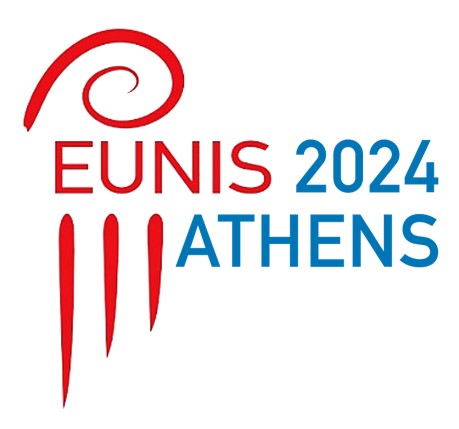This session consists of three presentations.
Featured Speakers
Heini Manninen, CSC – IT Center for Science, Finland:
How a national education information infrastructure provides value for HEI’s – Case Vipunen, the Finnish education information portal #45
National ecosystem of educational data in Finland in very comprehensive and well-structured collecting data along a person’s entire study path from early childhood education and care and upper secondary education all the way to higher education.
All this data is integrated into Vipunen, the Finnish education information portal and data warehouse. HEI’s benefit from this national education information infrastructure by having availability to their relevant data and being able to systematically use information considering e.g. HEI’s own funding, students, and R&D activities. The same data is also available from other HEIs’, so the national database enables benchmarking and possibilities for HEIs to find their own competitive advantage and strengths. Vipunen provides also open APIs for various datasets that can be integrated into HEIs own analytics and BI systems. HEIs also have access to a specified Extra-Vipunen portal, which is limited only for HEIs use and contains more precise and up-dating data. All in all, Vipunen as a public national education information portal provides an important tool for HEIs’ knowledge-based management in Finland.
Vipunen portal and its national data warehouse infrastructure is quite exceptional in the European context, maybe even world-wide. The information it provides is also constantly expanding: This year we will launch a new Foresight sector in the portal. Foresight information will answer to questions regarding what kind of skills, competences and education will be needed in the future, and what are the needs of working life and labor markets.
Download the presentation
Sabina Rako and Marija Tomić, University of Zagreb:
SRCE dashboard: Towards service provider usage reporting system for higher education institutions #87
The University of Zagreb University Computing Centre (SRCE) is an e-infrastructure institution that serves the academic and scientific community in Croatia by providing nationwide, reliable, accessible, and sustainable digital services and resources.
This presentation will demonstrate the concept and prototype for SRCE’s reporting system. The reporting system will provide a systematic overview of SRCE’s service and resource usage data for each higher education institution, making it easier for institutional representatives to evaluate the benefits of SRCE’s services and allocate resources more effectively.
A concise, reliable, and up-to-date look into the data would help to inform users about the usage of existing services as well as the possibility of using additional services. Furthermore, because the system generates data for each institution separately, it may be used to make specific suggestions for each institution. Since the data will be presented in graphical form, all the data will be easy to understand, trends will be easily observed, and the data will be comparable. In addition to the simplicity of graphic representations, SRCE also paid attention to digital accessibility so that people with visual, auditory, motor, or other disabilities could also get insight into the desired data.
Since the reporting system collects all the data in one place (mostly via API), it will be useful for the preparation of reports, documents, and materials and will facilitate the presentation of data to the administrations of higher education institutions..
Download the presentation
Piia Tienhaara, and Virve Peltoniemi, Tampere University of Applied Sciences (TAMK):
Business Intelligence and Analytics as keys to success – Case Knowledge Management in Tampere University of Applied Sciences (TAMK)#94
In Finland, there has been a strong investment in managing HEIs with information starting from the Ministry of Education and Culture’s guidance. The education administration’s reporting portal Vipunen offers comprehensive metric information on the state of Finnish higher education institutions. TAMK has been one of the pioneers in the Finnish HEI field in the introduction of knowledge-based management and related tools. The presentation provides a concrete example of the HEI’s knowledge-based management system as a whole and how leading by knowledge can be built into management and development as well as everyday work with the help of various data sources, business intelligence and analytics.
Download the presentation





